Maine Maritime Academy
A COLLEGE OF ENGINEERING, MANAGEMENT, SCIENCE, AND TRANSPORTATION
Faculty / Staff
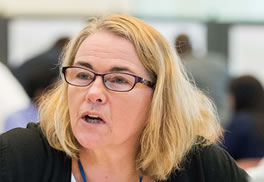
Ann Cleveland
Title(s):
· Professor
Phone: 207-326-2395Email: ann.cleveland@mma.edu
Office: 204 Dirigo House
Office Hours: [MWF 1100-1200 in the library and BY APPOINTMENT (you can request a Zoom link if you email me)]
Bio
Dr. Ann Cleveland has been a marine biologist since she was 18 months old and her parents held her in the ocean for the first time.
Ann has both professional and academic experience in ecology, management, and conservation. Prior to beginning her teaching career, she worked for several years as an environmental consultant in Rhode Island on wetland mitigation and restoration, and with the Glen Canyon Environmental Studies group monitoring the environmental effects of the Glen Canyon Dam on the Colorado River. She also worked as a research diver for The Living Seas at EPCOT Center and as a fisheries observer for the National Marine Fisheries Service. Ann has experience in both tropical (Indo-Pacific, Gulf of California, Panama, Bahamas, Tobago) and temperate/polar (Gulf of Maine, Gulf of Alaska, Bering Sea) marine ecosystems as well as freshwater (the Colorado River) and estuarine (Narragansett Bay) environments.
Ann's research focuses primarily on the ecology and evolution of coral reef fishes, and she is also involved in science education.
B.A., Zoology, University of New HampshireM.S., Zoology/Ecology, University of Rhode Island
Ph.D., Biological Sciences, Northern Arizona University
It’s all about the fish! My love of fishes – their ecology, their behavior, their evolutionary history – has led me all around the world. They also led me to my current position as a marine biology professor with all of the perks that come with interacting with students as they find their own passions. This short slide show will give you some idea of my interests and experiences.
My research interests in fish ecology, physiology, and behavior always seem to lead to investigations in pairs. My master’s thesis research compared reproductive behavior in two species of sticklebacks in Rhode Island estuaries, my doctoral research investigated the feeding ecology and physiology of damselfishes in Panama, and my current research focuses on the tripartite symbiosis of anemonefishes, anemones, and symbiotic algae on reefs in the Philippines.
Sticklebacks
Damselfishes
Cleveland A Montgomery WL 2003
Anemonefishes
Cleveland A Verde EA Lee RW 2011
Science Education
Cleveland A Sezen-Barrie A Marbach-Ad G 2021
I recently earned a Masters of Science Teaching degree at the University of Maine. I have been a teacher for more than 20 years, and one thing I have learned is that teachers can always improve their effectiveness in the classroom. As a scientist, I believe in evidence-based improvements to teaching, and thus I pursued my MST. My science education-based research examines the ways in which quantitative literacy is presented in introductory biology courses, because it is difficult to understand biology if you don’t have a grasp of quantitative reasoning. My role as a science educator is to facilitate development of those skills.
Because my research interests are many, the courses I have the pleasure of teaching are many. And because I believe students learn better when they are responsible for their own learning, you can be certain that my classroom environment is active (and hopefully fun!)
- General Biology for Ocean Studies majors
- Design and Applied Statistics in the Sciences for Ocean Studies majors
- General Ecology for Marine Biology majors
- Marine Organism Physiology for Marine Biology majors
- Ichthyology – an elective course for Ocean Studies majors
- Animal Behavior – an elective course for Ocean Studies majors
- Tropical Marine Science – a field-based elective course for Ocean Studies majors
- Introduction to Ocean Science for Deck, Engine, and Business Students
Additionally, I serve as a research mentor to Ocean Studies students completing their senior research projects. Explore our Senior Research Archive to see some examples of the great research our students have done. You will find my name as an advisor on many of the student projects, and it has been my great pleasure to learn from my students as they investigate new problems.
Lastly, to get another “flavor” of the Ocean Studies family of faculty, staff, students, and alumni, I invite you to visit our Corning School of Ocean Studies Facebook page.
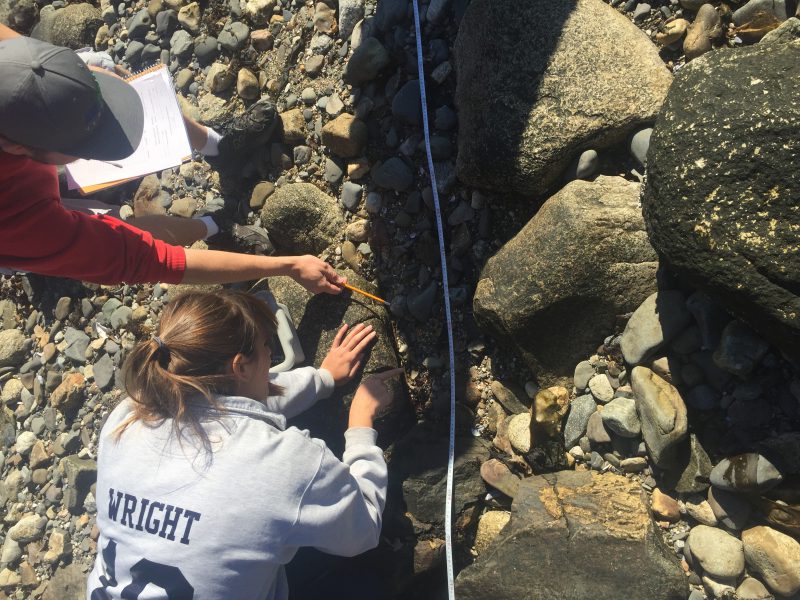
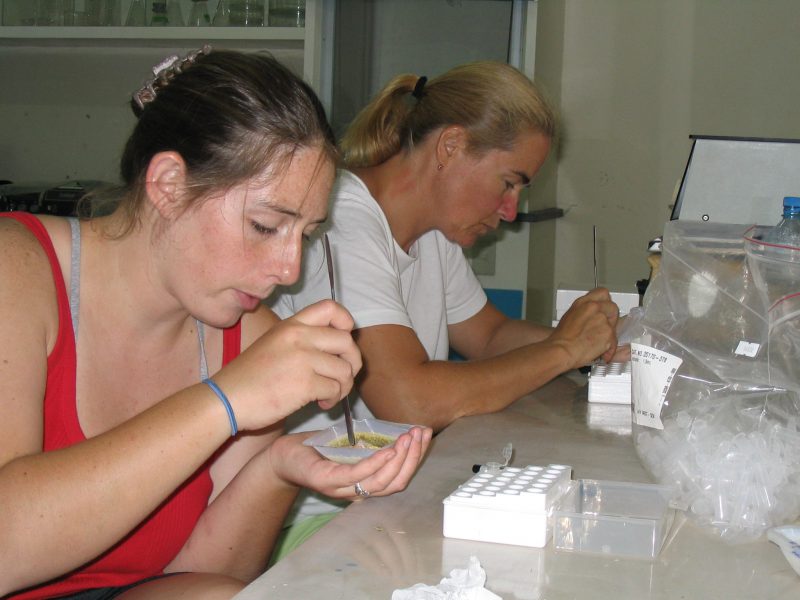
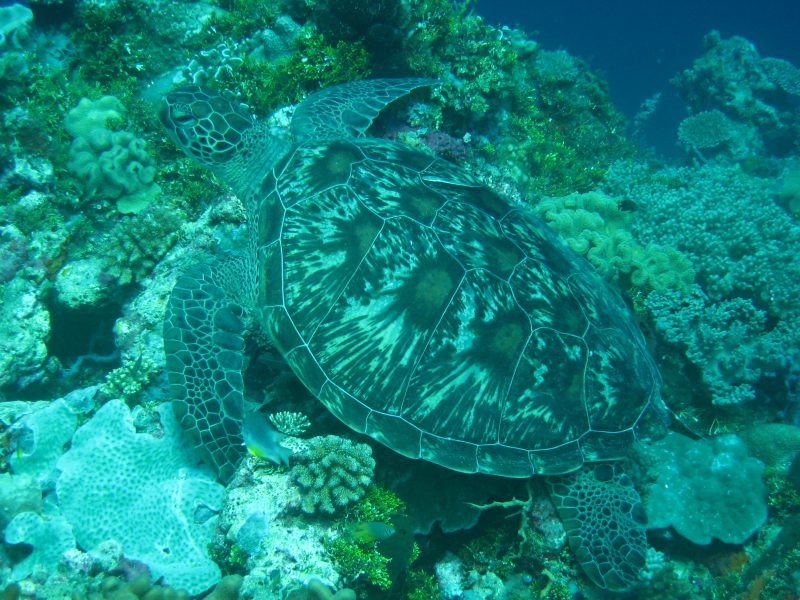
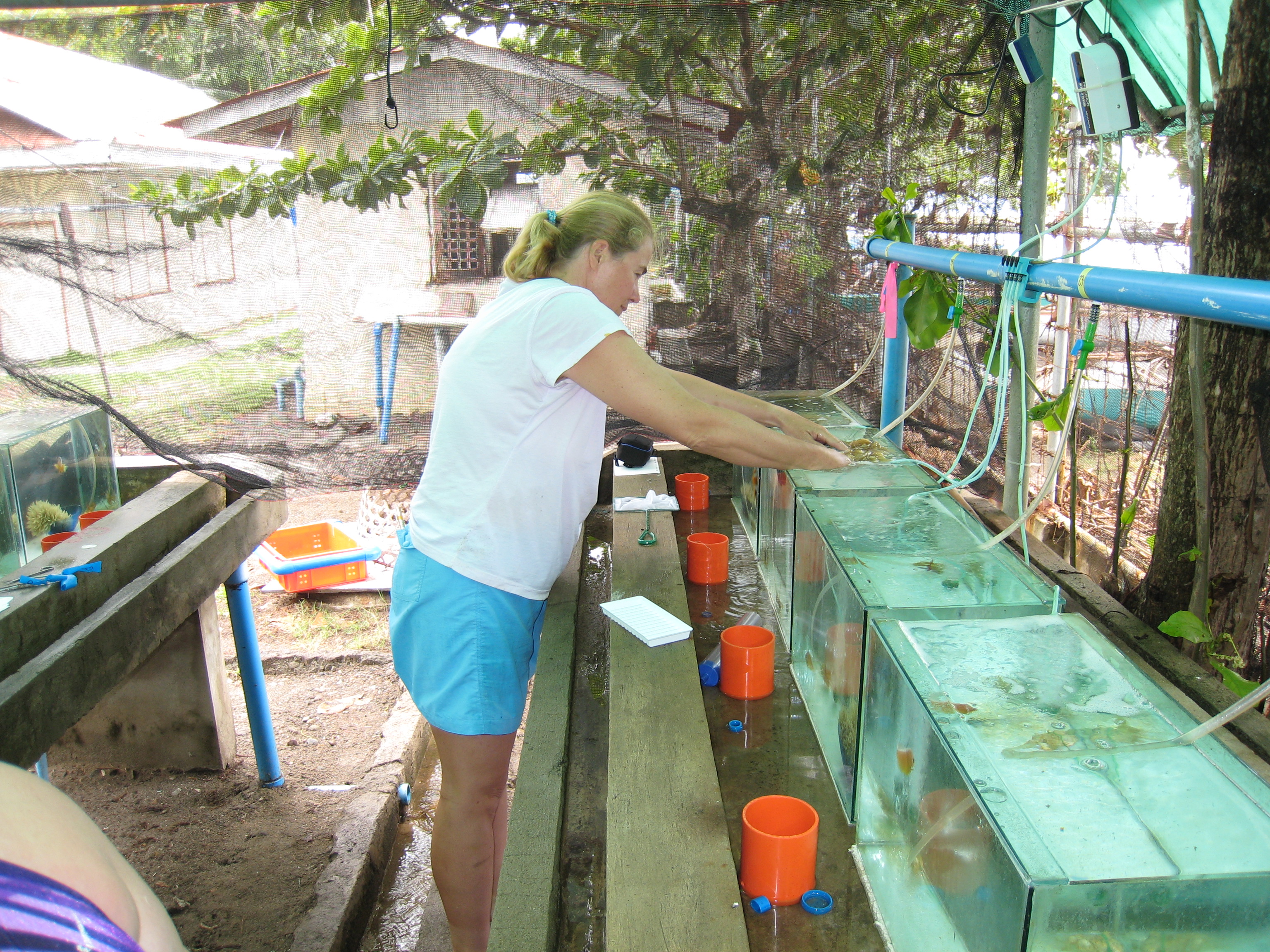
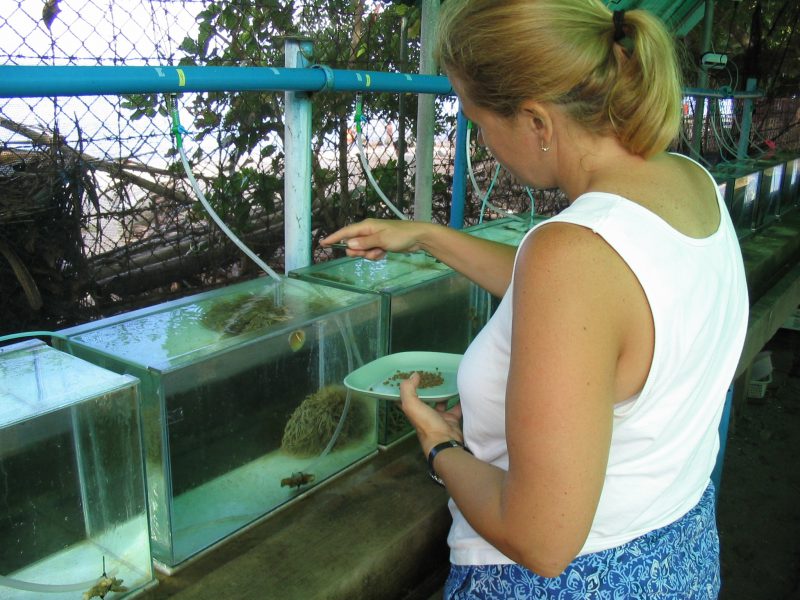
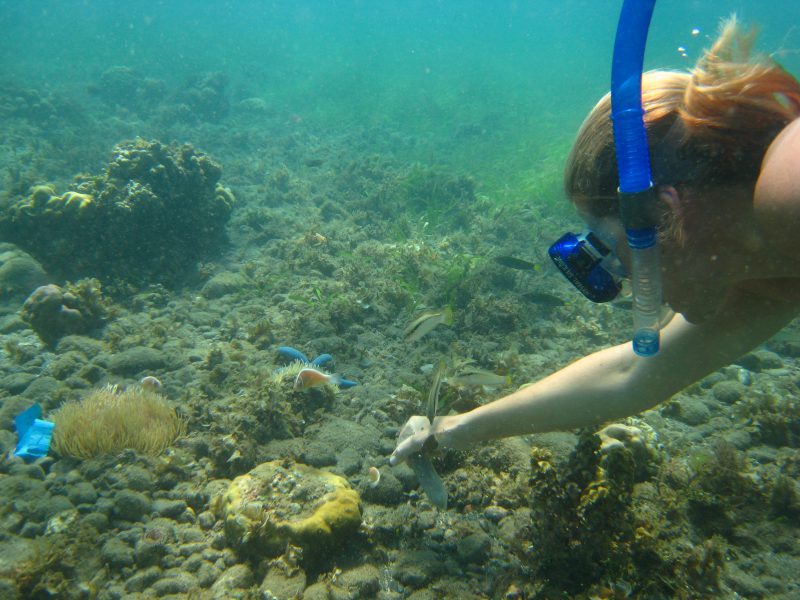
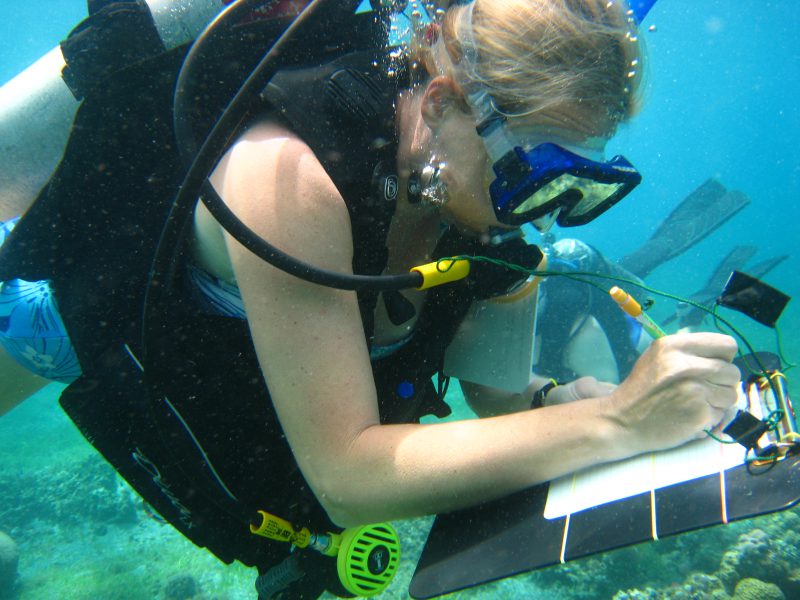
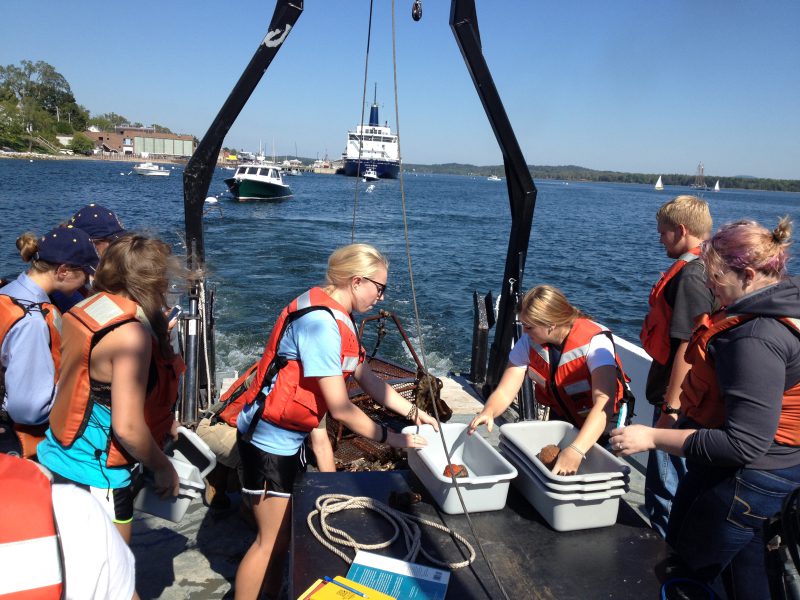
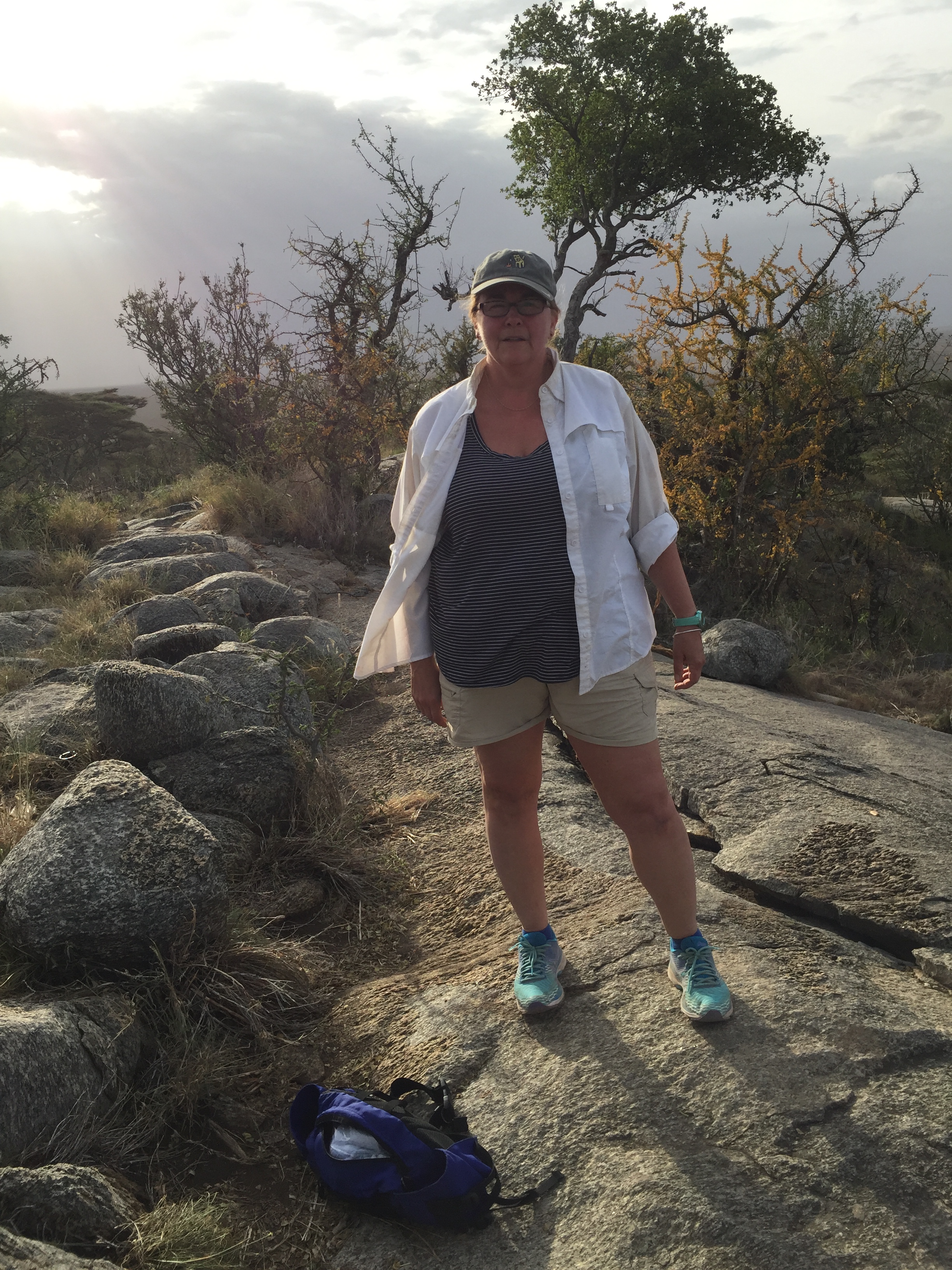







All Rights Reserved © 2026 • Web issue?
Non-Discrimination Notice • Privacy Policy & GDPR